Heart Health: Understanding your Heart
By Health Plus

The heart is a powerful muscular organ that is the center of our circulatory system. Its main function is to continuously supply oxygen and nutrient rich blood to our vital organs. To accomplish this, an adult heart beats approximately 100,000 times each day and pumps a little over 2,000 gallons of blood throughout the body - an extraordinary feat for an organ that is about the size of a human fist.
how it works
The heart is like a precisely timed pump, with two separate sides working in unison to transport blood throughout the body. The right side receives deoxygenated blood from the body and pumps it to the lungs via the pulmonary artery. While passing through the lungs, blood picks up more oxygen and gets rid of waste such as carbon dioxide. Next, the newly oxygenated blood is passed from the lungs to the left side of the heart where it is pumped back into the body. This continuous blood pumping action is called the cardiac cycle. Each cycle circulates a little over one gallon of nutrient rich blood through the circulatory system’s vast network of arteries, vessels, and veins. The average adult heart takes one minute to complete three cardiac cycles.
To keep blood flowing, the heart has four separate chambers and valves. As one chamber contracts, a valve will open to allow blood to flow out. When that chamber relaxes, another valve closes to prevent blood from leaking back into the chamber. The opening and closing of the valves produces a sound we refer to as the heartbeat.
Knowing how crucial the heart is for our survival, it is essential we keep it in the best shape possible. The first step to maintaining a healthy heart is to get off the couch and move! You can increase your heart rate by running, cycling, or with a brisk walk - everyday. Cardio exercises are suitably named since they directly support the heart and the entire cardiovascular system. They are meant to increase the heart rate, which makes the heart pump more blood. More blood means more oxygen is being delivered to every cell, tissue, and organ in your body. Exercise also lifts your spirits naturally through a release of endorphins, keeps your weight in check, lowers blood pressure, and decreases the risk of developing heart disease.
Another way to keep your heart strong is to eat a well balanced diet that includes plenty of fiber. While often associated with promoting gut health, fiber is excellent for supporting heart health. Incorporating fiber daily by using our Every Day Fiber supplement. Studies show that eating a high-fiber diet may help lower cholesterol, reduce blood pressure, and improve blood sugar levels. Since high fiber diets tend to be more filling, you are more likely to eat less, and stay satisfied longer which helps you maintain a healthy weight. The Institute of Medicine suggests that women under 50 years old should aim for 25 grams of fiber a day and men should try for 38 grams.
Start supporting this extraordinary organ today! Making just a few simple changes in your diet or exercise plan can have a huge impact on your heart health. Remember, when you take care of your heart, you are actually taking care of your total health.
products that may help reduce the risk of Heart Disease:
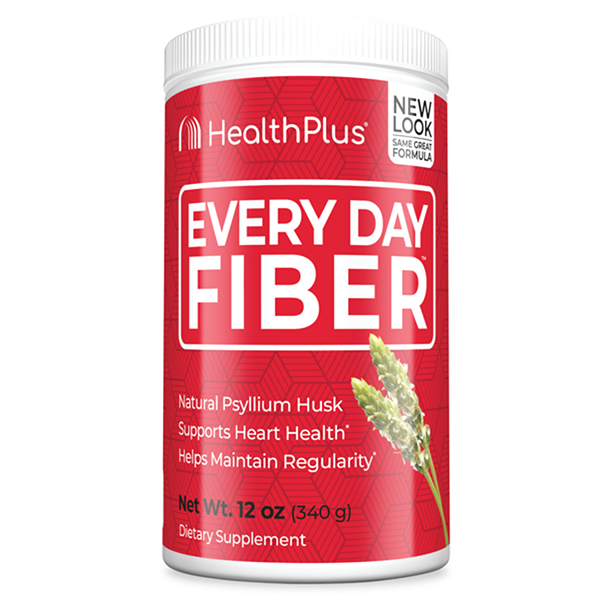

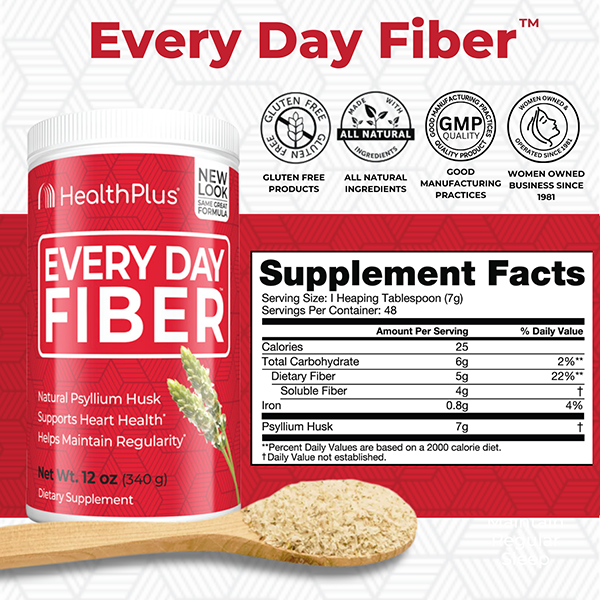
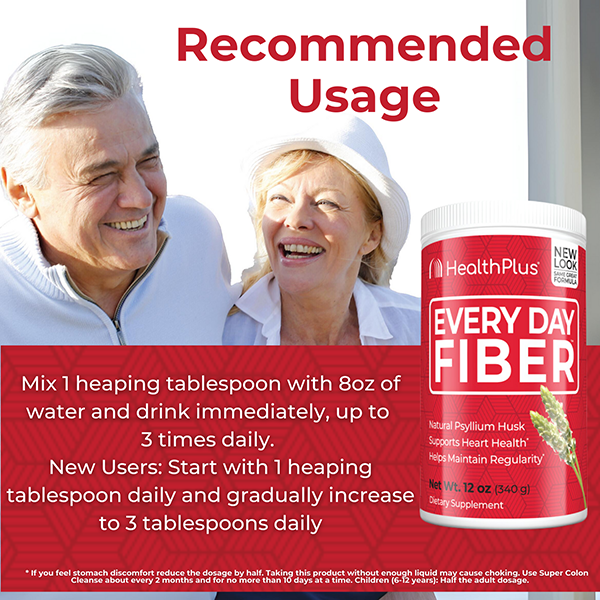
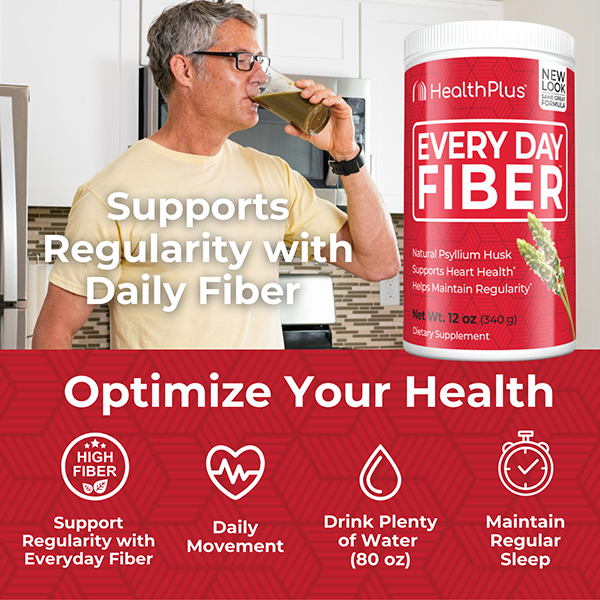
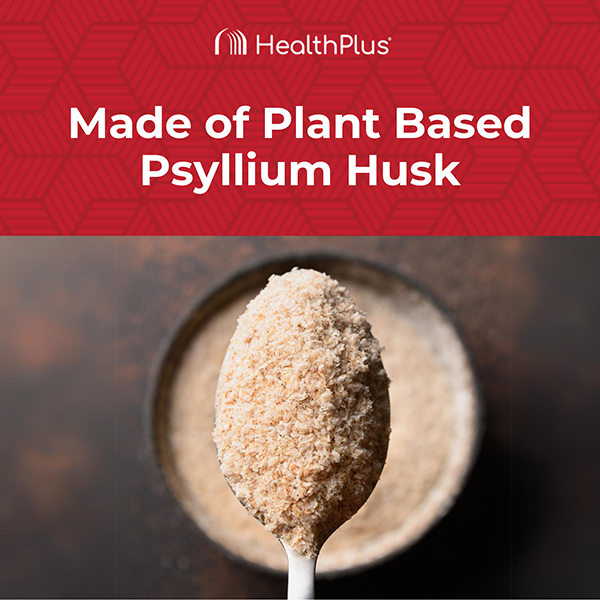

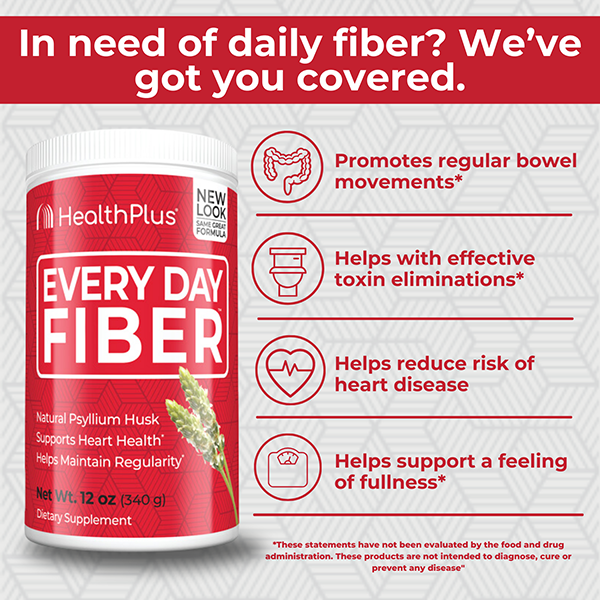

Every Day Fiber™
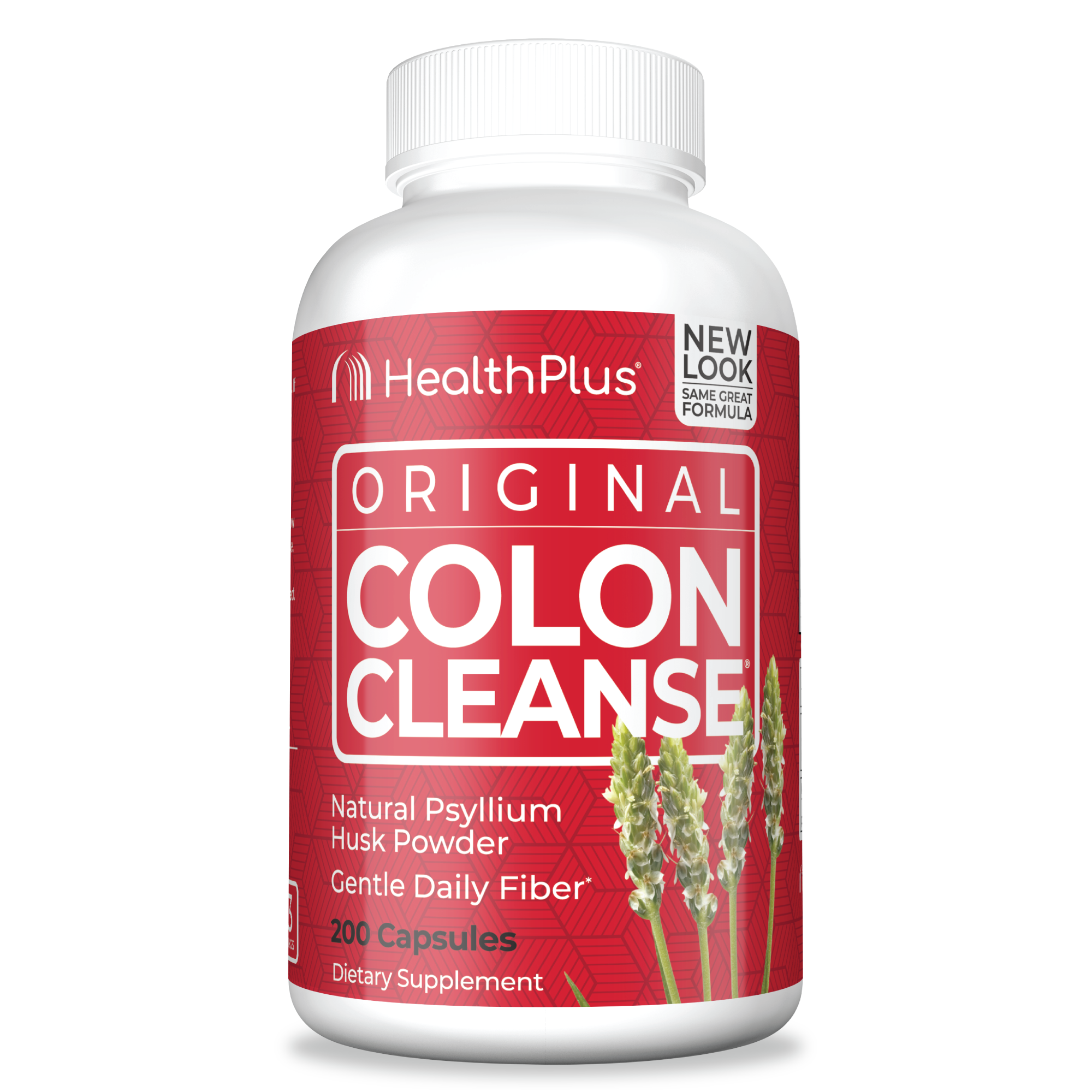

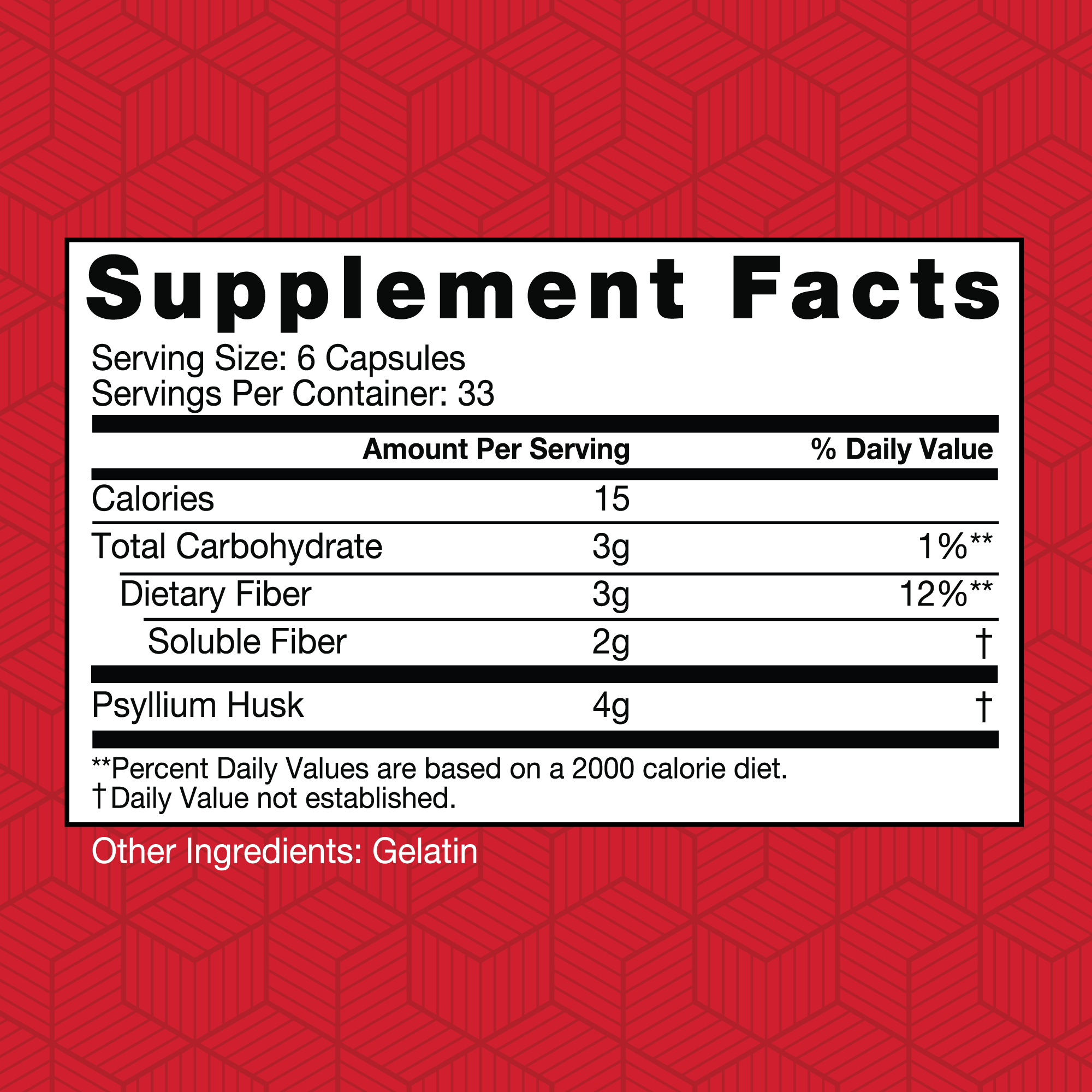
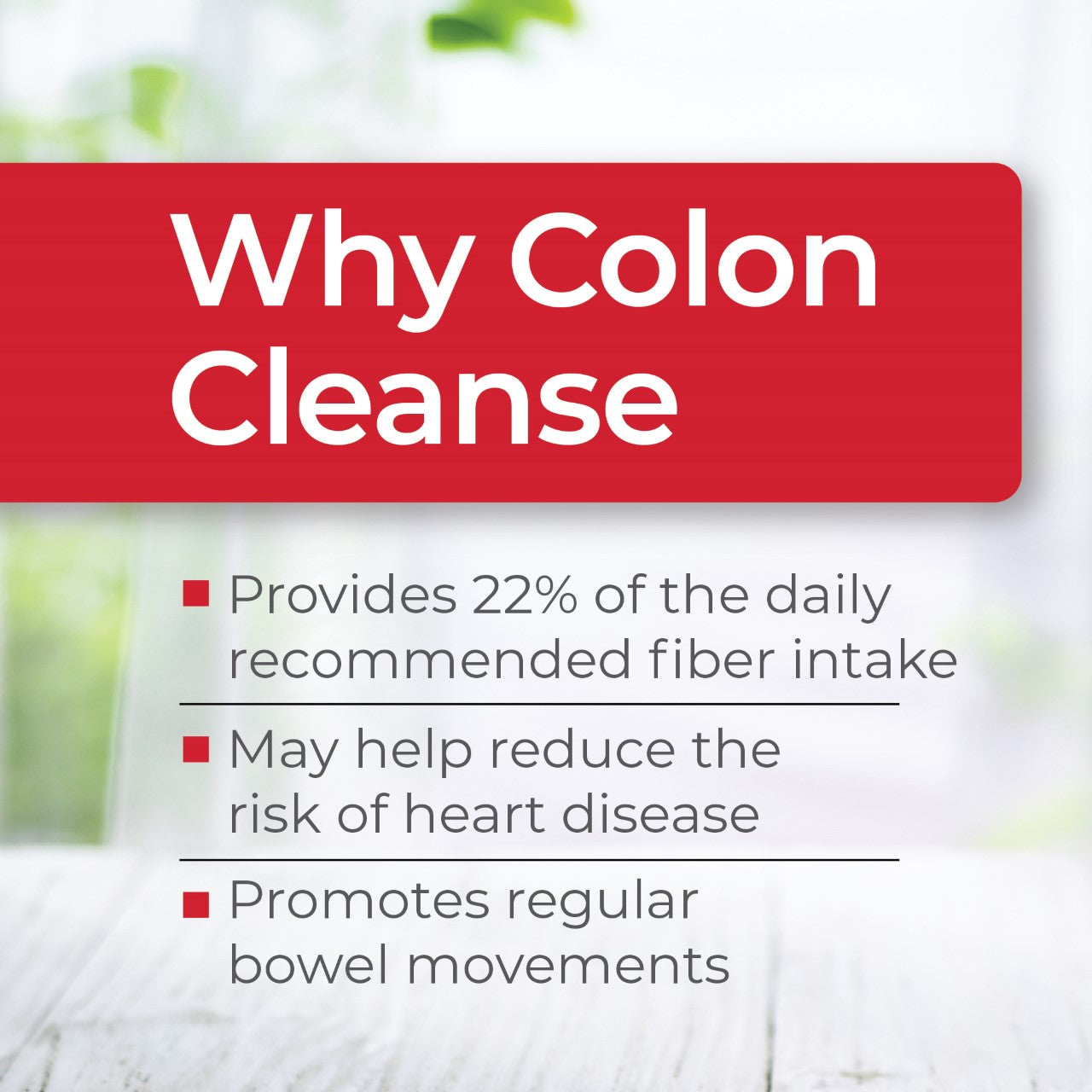
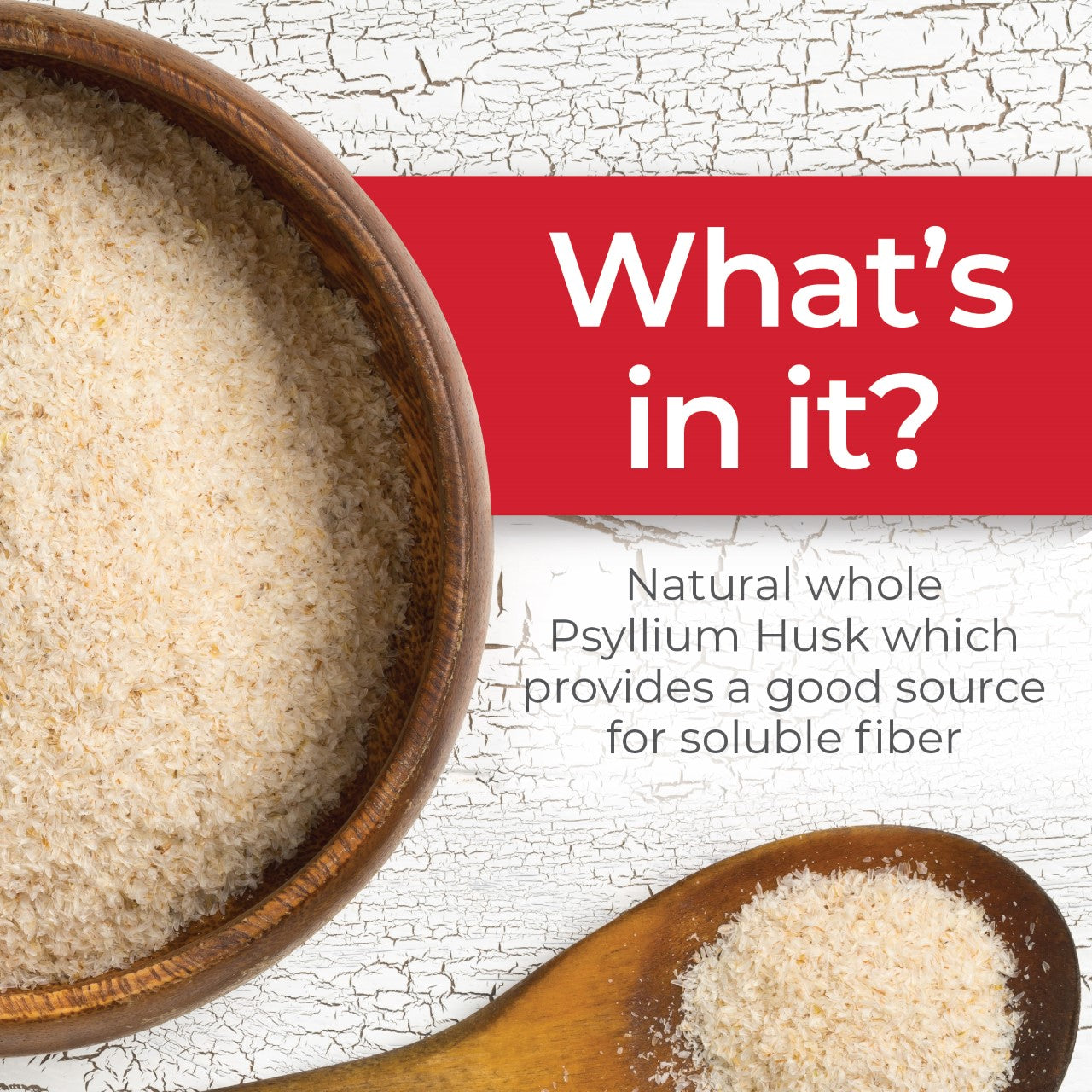
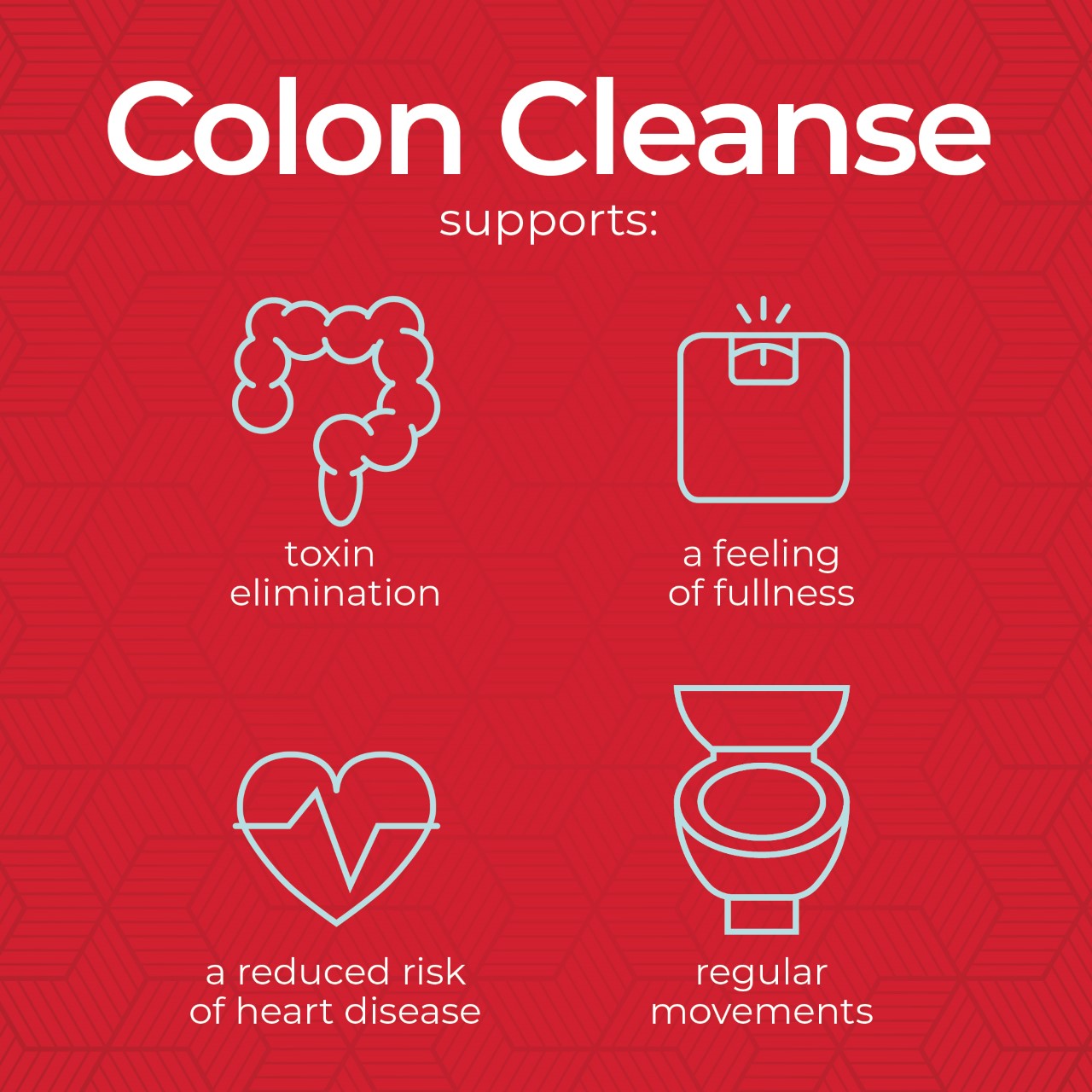


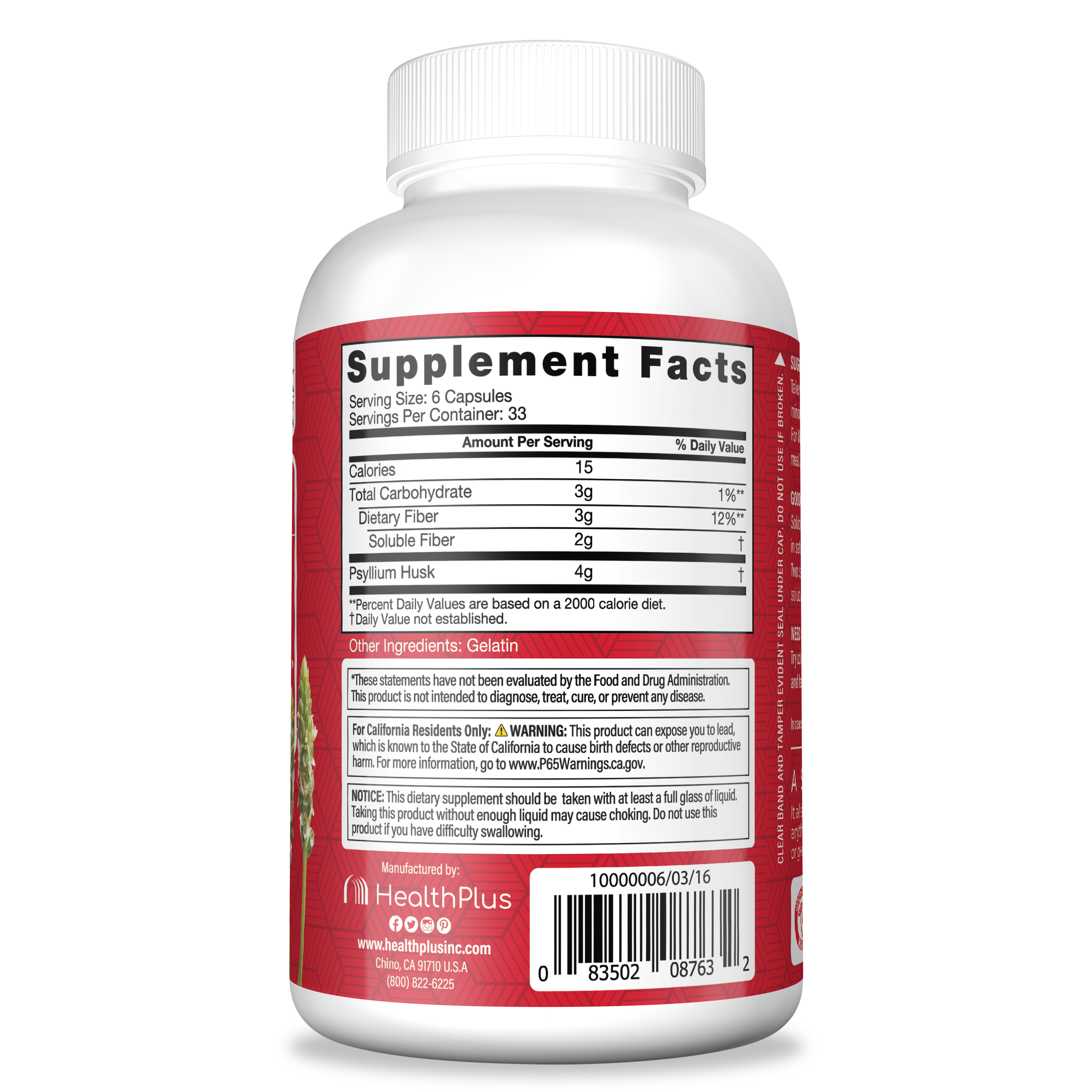

Colon Cleanse
Sources
https://pubmed.ncbi.nlm.nih.gov/16407729/
https://www.mayoclinic.org/healthy-lifestyle/nutrition-and-healthy-eating/in-depth/fiber/art-20043983
https://www.medicalnewstoday.com/articles/320565#how-it-works
https://www.hopkinsmedicine.org/health/wellness-and-prevention/7-heart-benefits-of-exercise
https://www.webmd.com/diet/features/fiber-heart#2
https://www.medicinenet.com/fiber/article.htm#some_helpful_hints_about_fiber




